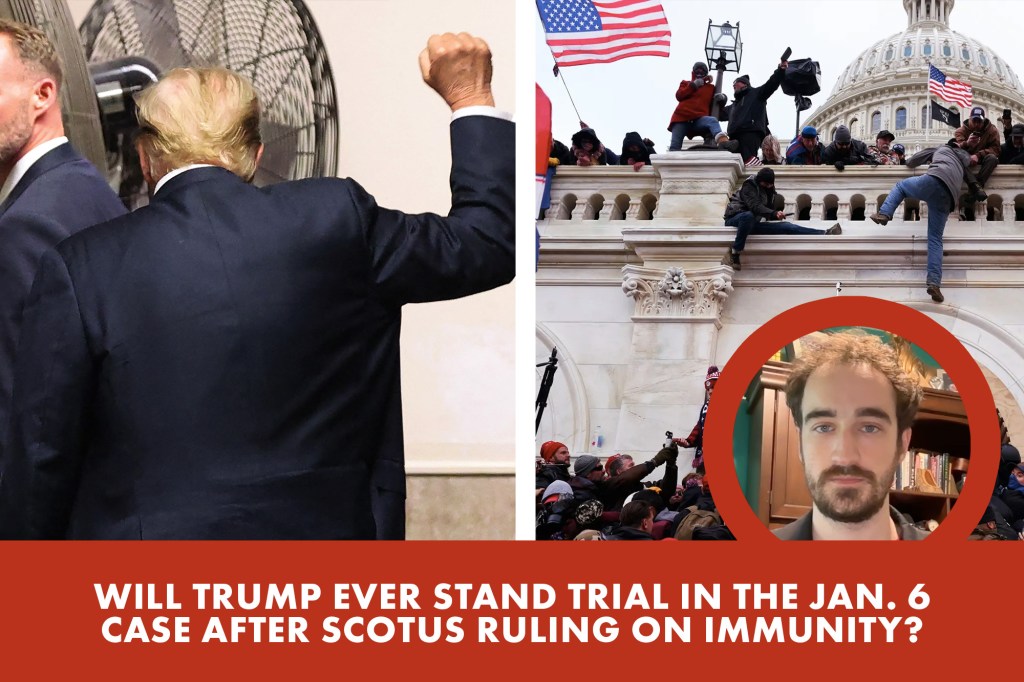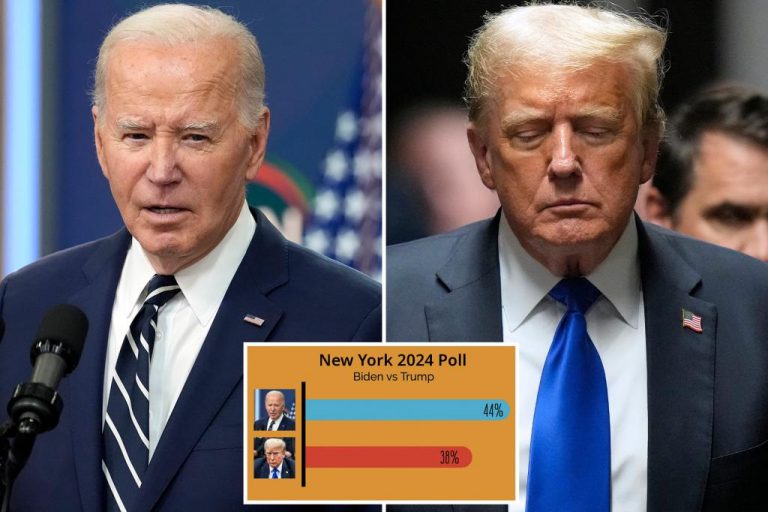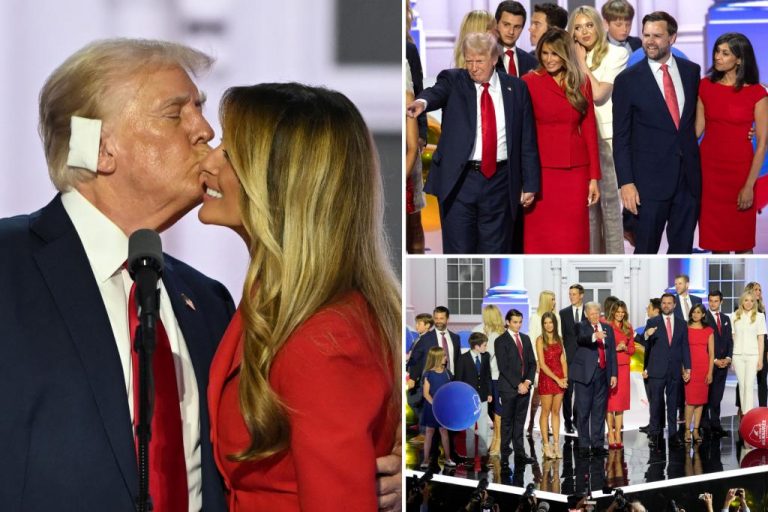Supreme Court rules in favor of Trump’s immunity in important victory
Supreme Court Rules in Favor of Trump’s Immunity Claim
The Supreme Court made a significant ruling today, granting former President Donald Trump immunity from a defamation lawsuit filed against him by a former contestant on his reality TV show, “The Apprentice.” This decision marks a crucial victory for Trump and sets a precedent for future cases involving high-profile public figures.
The lawsuit, brought forward by Summer Zervos, alleged that Trump defamed her when he denied her accusations of sexual assault during his presidential campaign in 2016. Zervos claimed that Trump kissed and groped her without her consent in 2007, which Trump vehemently denied. In response to these allegations, Trump called Zervos a liar and claimed that her accusations were politically motivated.
Throughout the legal battle, Trump’s legal team argued that as president, he was immune from any civil lawsuits filed in state courts. The Supreme Court’s ruling today affirmed this argument, stating that sitting presidents are granted absolute immunity from civil suits related to their official duties. This decision aligns with previous rulings that have protected the president from being distracted by litigation while in office.
Trump’s legal team praised the Supreme Court’s decision, calling it a victory for the office of the presidency and asserting that it upholds the principle of executive immunity. They emphasized that this ruling reinforces the importance of protecting presidents from potentially frivolous lawsuits that could undermine their ability to carry out their duties.
On the other hand, Zervos and her legal team expressed disappointment with the Supreme Court’s ruling, stating that it sets a dangerous precedent for holding public officials accountable for their actions. They argued that no one, including the president, should be above the law and immune from facing consequences for their behavior.
Legal experts weighed in on the Supreme Court’s decision, with some praising it as a necessary safeguard for the functioning of the executive branch. They emphasized that without immunity protections, presidents could be inundated with lawsuits that would hinder their ability to govern effectively.
However, others criticized the ruling, arguing that it undermines the principle of equal justice under the law. They raised concerns about the unchecked power granted to sitting presidents and the potential for abuse of this immunity privilege.
Looking ahead, the Supreme Court’s ruling in favor of Trump’s immunity claim is expected to have far-reaching implications for future cases involving public figures. It solidifies the legal precedent that sitting presidents are shielded from civil lawsuits related to their official duties, setting boundaries for legal challenges against them.
As the legal landscape continues to evolve, the balance between holding public officials accountable and protecting the executive branch from undue litigation will remain a contentious issue. The Supreme Court’s decision in this case underscores the complex interplay between the law, politics, and ethics in our judicial system.
Regardless of one’s political views, the ruling in favor of Trump’s immunity claim raises important questions about the scope of presidential powers, the limits of legal accountability, and the challenges of balancing justice and governance in a democratic society.
As the nation reflects on this landmark ruling, it prompts us to consider the delicate balance between upholding the rule of law and preserving the integrity of our democratic institutions. The Supreme Court’s decision serves as a reminder that the law is not static but evolves in response to changing circumstances and societal norms.
Ultimately, the implications of the Supreme Court’s ruling in this case will reverberate throughout the legal community and shape future debates on the intersection of law, politics, and public accountability. It serves as a testament to the enduring significance of our judicial system in upholding the principles of justice, fairness, and adherence to the rule of law.








